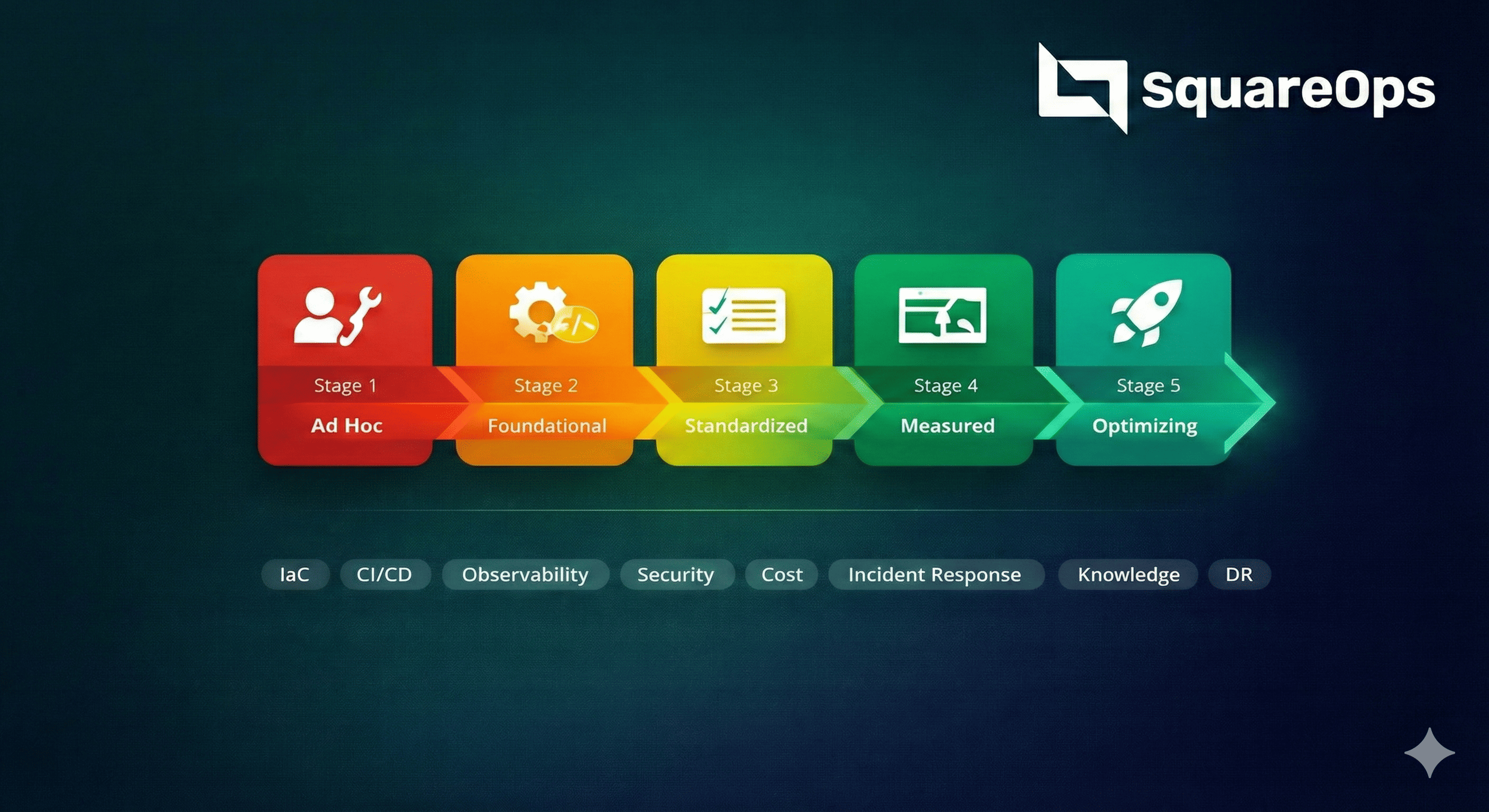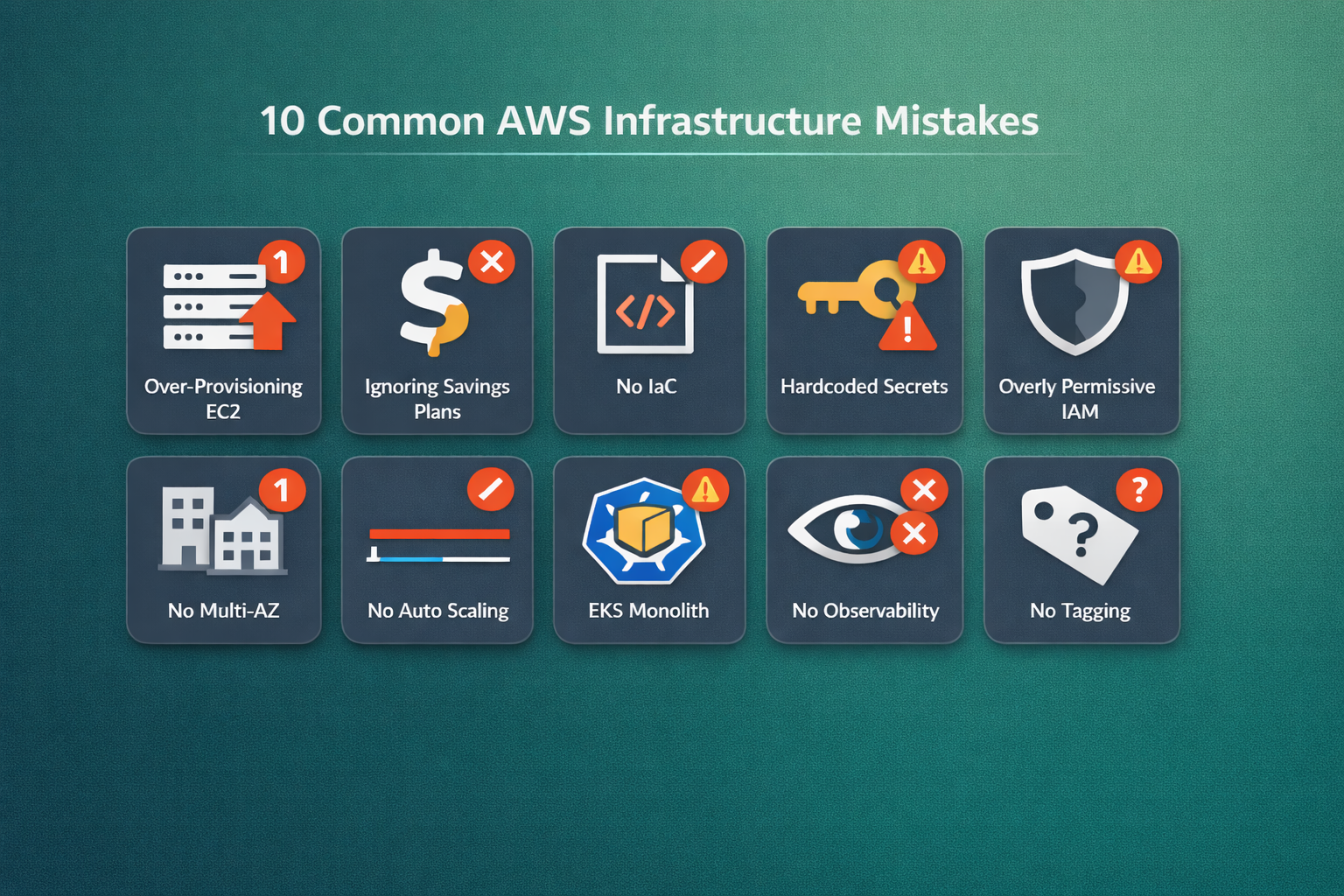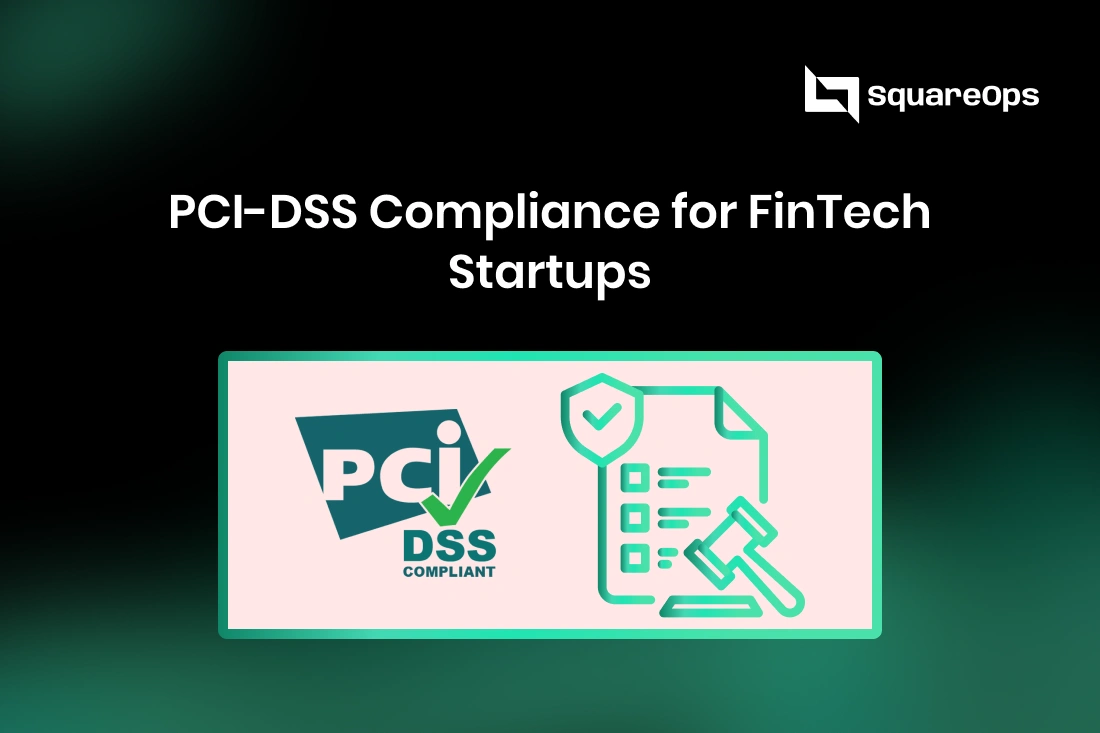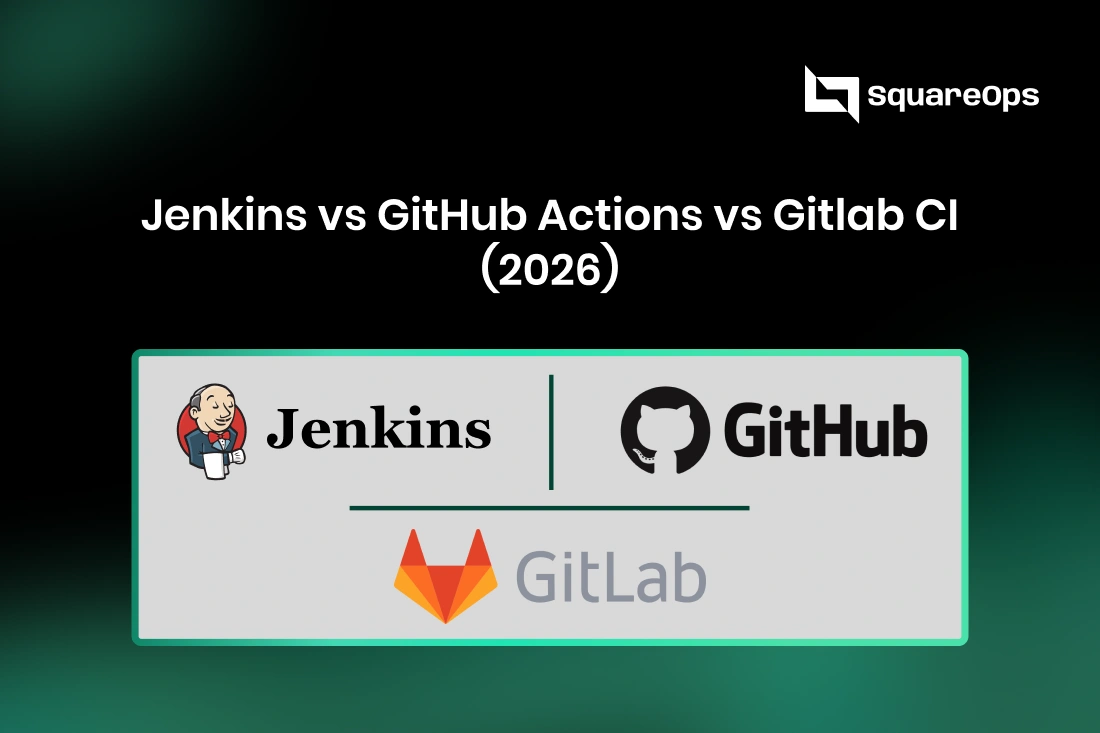What is DevOps?
DevOps enhances software delivery by bridging the gap between development and operations. It enables faster deployment, increases reliability, and improves scalability. By integrating automation and continuous feedback, DevOps transforms the software development lifecycle, allowing teams to respond quickly to market demands while maintaining quality and security throughout the process.
Why DevOps Enablement Matters
By automating key processes and using tools that support integration and delivery, DevOps enables teams to build, test, and release software faster, with fewer errors. At its core, DevOps is about aligning people, processes, and technology to deliver better software, faster, and more securely.
Faster Time-to-Market
By automating manual processes, teams can release software faster and respond to customer needs more quickly.
Improved Reliability
Continuous testing and automation ensure that software is more reliable and issues are caught early, leading to fewer disruptions.
Scalability
DevOps allows for scaling infrastructure quickly to meet the growing demands of the business.
Enhanced Security
By integrating security into every step of the software lifecycle (DevSecOps), DevOps ensures that your applications are secure from the ground up.
Top Challenges We Solve
Slow & Risky Releases
Manual deployments and inconsistent environments increase lead time and raise production risk.
Our Solution
Standardized CI/CD with automated testing, progressive delivery, and safe rollback strategies.
Operational Instability
Frequent incidents and limited observability make it hard to maintain reliability at scale.
Our Solution
SRE-aligned practices, monitoring/alerting, and incident response playbooks to reduce downtime.
Security & Compliance Bottlenecks
Late-stage security reviews slow teams down and leave gaps in compliance posture.
Our Solution
DevSecOps pipelines with policy-as-code, scanning, and automated compliance checks.
What DevOps Enablement Includes
A comprehensive approach to DevOps that transforms your software delivery lifecycle through automation, collaboration, and security.
DevOps enablement covers everything from team collaboration to infrastructure automation. SquareOps provides a complete framework for implementing DevOps best practices.
Collaboration
Effective collaboration focusing on source code management, branching strategies, and pull request workflows for seamless team interaction.
CI/CD Automation
Streamlined development with unit testing, code quality checks, blue-green deployments, rollback support, and database change management.
DevSecOps
Security at every SDLC stage including credential scanning, artifact scanning, SBOM analysis, and compliance with GDPR, HIPAA, and PCI-DSS.
IaC & GitOps
Infrastructure as Code enabling reproducible environments, effective change management, and governance using GitOps methodologies.
Monitoring & Observability
Comprehensive monitoring with real-time insights, alerting, and observability tools to ensure system reliability and performance.
Unlock DevOps potential with SquareOps
Accelerate your software delivery with expert automation and cloud native architectures.
Start Your TransformationDevOps Transformation: Tailoring Your Journey
Depending on your current state and business objectives, there are several pathways you can take to transform your DevOps practices and accelerate delivery.
Adopt CI/CD Pipelines
Implement automated build, test, and deployment pipelines using tools like Jenkins, GitLab CI, or GitHub Actions for faster releases.
Embrace Containerization
Containerize applications with Docker and orchestrate with Kubernetes for consistent environments and seamless scalability.
Implement Infrastructure as Code
Manage infrastructure using Terraform, Pulumi, or CloudFormation for version-controlled, reproducible environments.
Integrate Security (DevSecOps)
Shift security left by embedding SAST, DAST, and vulnerability scanning directly into your CI/CD pipelines.
Enable Observability
Deploy comprehensive monitoring with Prometheus, Grafana, and distributed tracing for full-stack visibility and proactive issue detection.



















